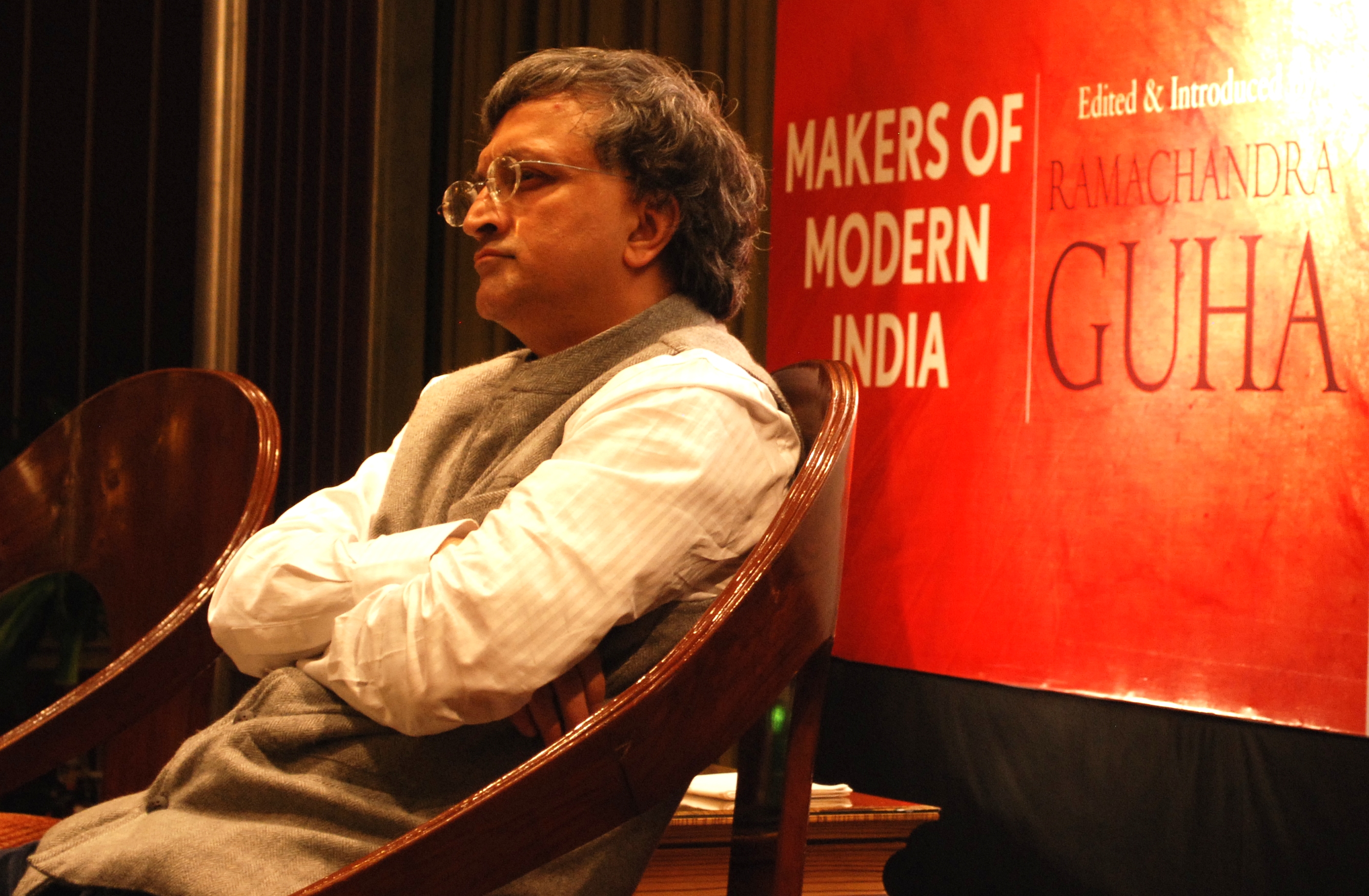“What is now in the past was once in the future”
Source: India After Gandhi: The History of the World's Largest Democracy
Ramachandra Guha, né le 29 avril 1958 à Dehradun , est un historien et écrivain indien dont les intérêts de recherche incluent l'histoire environnementale, sociale, politique et celle du cricket. Wikipedia

“What is now in the past was once in the future”
Source: India After Gandhi: The History of the World's Largest Democracy
[Guha, Ramachandra, The Ones Who Stayed Behind, http://ramachandraguha.in/archives/the-ones-who-stayed-behind-economic-and-political-weekly.html, Economic and Political Weekly, 22nd March 2003]
[Guha, Ramachandra, Where Are The Conservative Intellectuals in India?, http://ramachandraguha.in/archives/where-are-the-conservative-intellectuals-in-india-caravan.html, Caravan, March 2015]
[Guha, Ramachandra, A SALUTE TO THE COFFEE HOUSE, http://ramachandraguha.in/archives/a-salute-to-the-coffee-house.html, The Telegraph, 29th September 2007]
[Guha, Ramachandra, Captive ideologues, http://ramachandraguha.in/archives/history-beyond-marxism-and-hindutva-the-telegraph.html, The Telegraph, July 26, 2014]
[Guha, Ramachandra, REFORMING THE HINDUS, http://ramachandraguha.in/archives/reforming-the-hindus.html, The Hindu, July 18th, 2004]
Articles